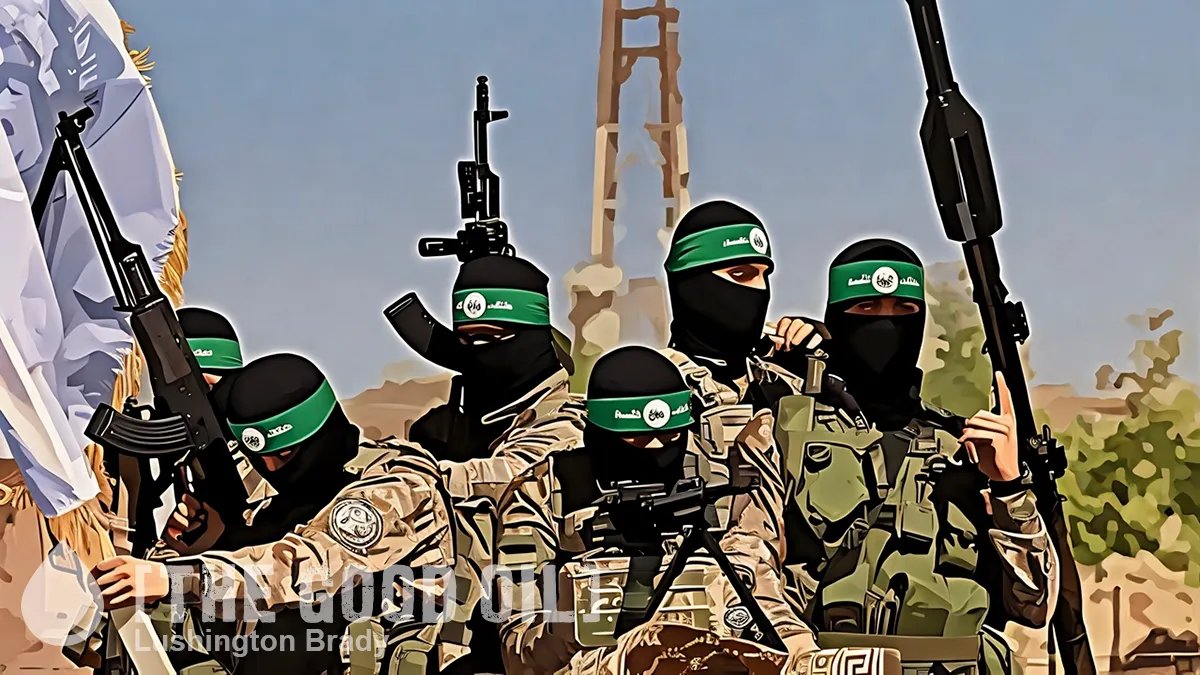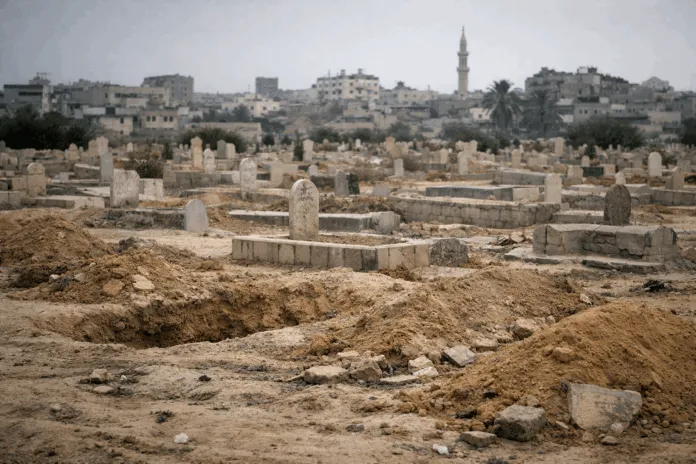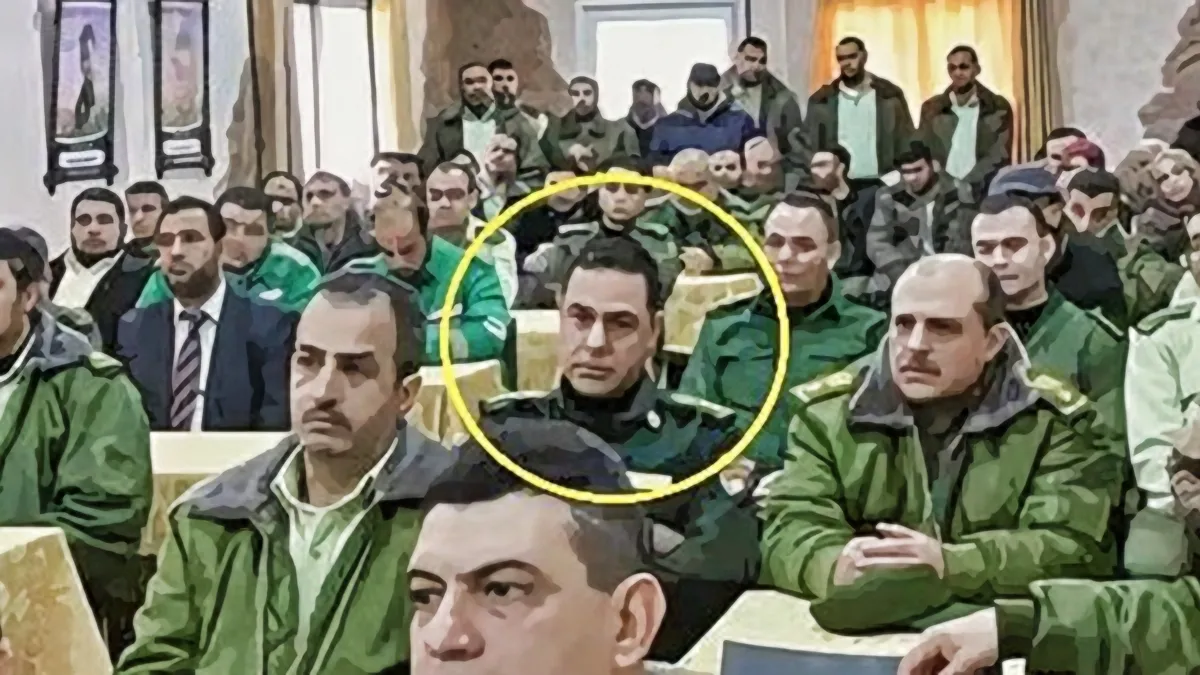Table of Contents
BICOM
BICOM provides accurate, timely and balanced information that is read by officials, experts, journalists and many others.
What happened: A third group of hostages, comprising 14 Israelis and three Thai nationals were freed from Hamas captivity in the Gaza Strip yesterday evening.
- The Israelis included nine children, two mothers, two more women, and one man, Roni Krivoi, with Russian-Israeli citizenship. Ten of those freed were from Kfar Aza.
- One of the Israelis, 84-year-old Elma Avraham, is unconscious and on a respirator with her condition termed “unstable”. Avraham was evacuated directly from Gaza to Soroka by helicopter.
- Another Israeli released is Avigail Idan, the 4-year-old American-Israeli citizen from Kibbutz Kfar Aza whose parents were murdered on October 7th.
- Israel released 39 convicted Palestinian women and minors from prison and allowed 200 trucks to transport humanitarian aid into the Gaza Strip.
- Discussions continue over the possibility of extending the agreement to free more Israeli hostages. After speaking with US President Biden, PM Netanyahu said “there is a plan that says it is possible to free, every extra day, another ten hostages. That is welcome. In the same breath, I also told the president, we will return, with our full might, to achieve our objectives: Hamas’s annihilation, and ensure that Gaza not revert to being what it was, and of course, to free all of our hostages.”
- US President Biden expressed his support for extending the pause. “That’s my goal, that’s our goal,” he said, “to keep this pause going beyond tomorrow so that we can continue to see more hostages come out and surge more humanitarian relief to those in need in Gaza.”
- Hamas confirmed the deaths of five senior commanders who were targeted by Israel during the fighting in Gaza. These include: Ahmed Ghandour, the commander of its northern Gaza brigade; Ayman Siam, the head of Hamas’s rocket firing array; and Wael Rajab and Raafat Salman. Ghandour had previously survived several assassination attempts and was designated as an international terrorist by the US State Department in 2017 and also involved in the abduction of Gilad Shalit in 2006.
- An American warship freed the tanker owned by Eyal Ofer that was boarded by five Houthi terrorists off the coast of Yemen. Fox News reported that the tanker crew locked themselves in a safe room and the terrorists were unable to break into it. American troops seized control of the tanker and arrested the terrorists.
- The US Central Command (CENTCOM) announced early on Monday that two ballistic missiles had been launched from areas in Yemen controlled by Houthi rebels towards an American destroyer in the Gulf of Aden.
- Syrian media report Israeli airstrikes against Damascus International Airport and other targets near the capital. The pro-government Sham FM radio says the runway at the airport was hit, among other targets.
Context: As part of the agreement with Hamas, Israel agreed to release 150 Palestinian women and minors who were sentenced to prison terms, and allow hundreds of trucks to transport humanitarian aid and fuel into the Gaza Strip. In exchange Hamas undertook to release 30 children and 20 women.
- Following the release of this third group of hostages, there are believed to be approximately 180 hostages held by Hamas, including 18 children (eight girls and 10 boys) and 43 women.
- Intensive talks have taken place in an effort to extend the deal by another few days, facilitated by the US, Egypt, and Qatar, attended by Mossad Director David Barnea, Shin Bet Director Ronen Bar and Maj. Gen. (res.) Nitzan Alon, who is tasked with overseeing Israel’s hostage release efforts.
- The original agreement stipulated that it could be extended under the following terms: for every ten Israeli hostages released by Hamas, Israel would pause its fighting for an additional 24 hours; an additional three Palestinian prisoners would be released for every one freed Israeli hostage, and humanitarian aid will continue to be allowed to flow into Gaza.
- The Israeli cabinet approved in advance potentially releasing 300 Palestinian security prisoners so as to facilitate the smooth extension of the current arrangement, effectively allowing for a five-day extension of the pause in fighting without having to convene the cabinet to approve an additional prisoner release.
- While Israel is discussing extending the agreement, officials have emphasised that the war against Hamas will continue once the pause is over.
- On Saturday, Defence Minister Gallant, visiting troops in Gaza, vowed that Israel would not leave Gaza until all the captives are returned and confirmed additional attack plans in the days following the ceasefire.
- IDF Chief of Staff Lt. Gen. Herzi Halevi said the current pause was being used to study adding that the IDF would “revert immediately upon the end of the ceasefire to attacking Gaza, to manoeuvring in Gaza. We’ll do that both in order to dismantle Hamas and to create very great pressure to bring home as quickly as possible as many hostages as possible.”
- With the IDF having made substantial gains in northern Gaza, before the truce began on Friday, it had surrounded Jabalya, a remaining northern Hamas stronghold, but hadn’t yet entered it. They are widely expected to do so as soon as the truce ends. The army is determined to eventually begin operations in southern Gaza as well.
- Israel’s assessment is that senior Hamas officials still control the group’s military operations and haven’t lost contact with their troops in the field.
Looking ahead: A fourth and final (unless the agreement is extended) group of hostages are set to be released today.
- The Prime Minister’s Office says “discussions” are ongoing regarding a list of Gaza hostages to be released today that was received overnight and is being “evaluated.”
- Israeli security officials are optimistic about the possibility that the pause in fighting might be extended by a number of days so as to facilitate the release of additional hostages being held by Hamas, potentially including older Israeli men.
- Israel is prioritising freeing as many hostages as possible in the current round, on the working assumption that it will be hard to stop the war again within a short amount of time.
BICOM Background Briefing: Operation Swords of Iron
BICOM published a comprehensive background briefing on Operation Swords of Iron, including background on Hamas, Israeli policy on Gaza, and Israel’s obligations under international law. Read the full briefing here.
NEW PODCAST
Episode 221 | Iranian Regional Aggression
In this episode, Richard Pater speaks to Behnam Ben Taleblu about Iranian regional aggression. They discuss the structure of Iran’s proxy network, the extent of Iranian knowledge of Hamas’s plans for October 7th, and the effectiveness of the Biden Administration’s Iran policy. Ben Taleblu is a senior fellow at the Foundation for the Defence of Democracies where he focuses on Iranian security and political issues. A native Farsi speaker, he has testified before the US Congress and Canadian Parliament.









